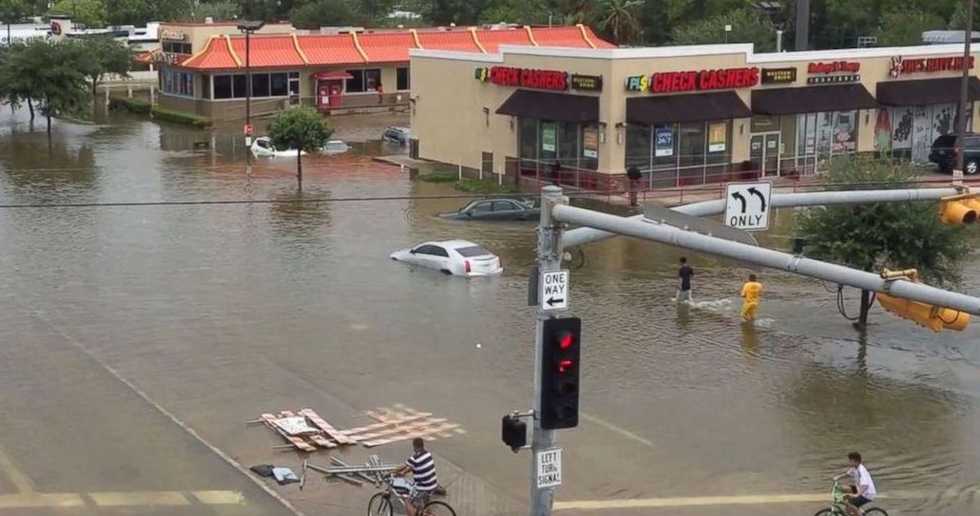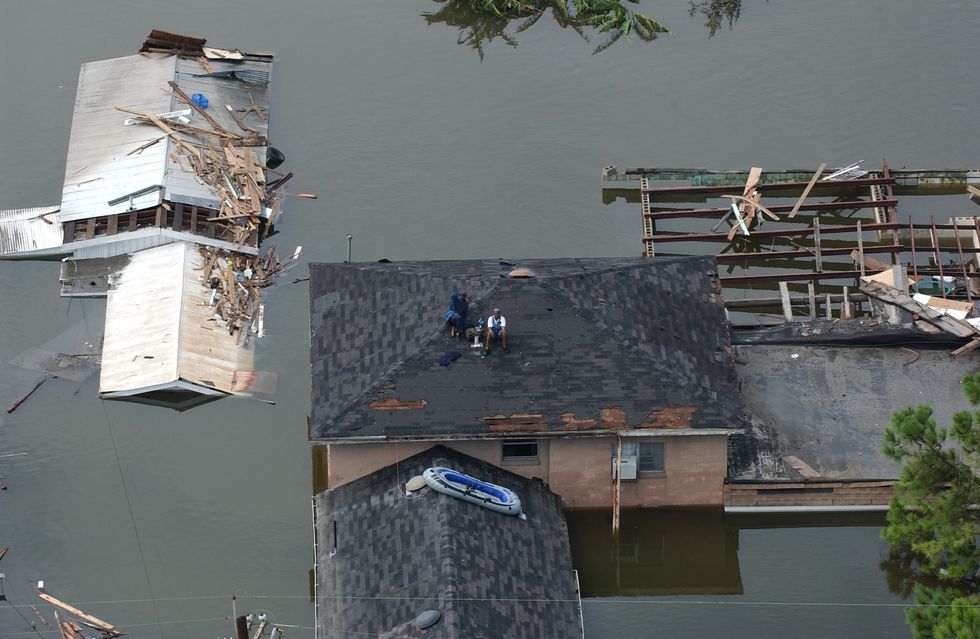I was just approaching my fifth birthday when the torrential downpour from Hurricane Katrina sent my family fleeing from our house in a small Kentucky neighborhood.
Luckily, we were able to file an insurance claim, receive funds, rebuild our house from the inside out, and move to a less risky area of town. People who did not directly suffer from Hurricane Katrina mostly remember the images of Louisiana, where residents sat on their roofs with desperate signs awaiting rescue boats and helicopters.
Long before Katrina, the federal government attempted to lessen the economic damage by passing the National Flood Insurance Act in 1968, which finally gave homeowners the option to buy flood insurance through the government; as of 2017, the National Flood Insurance Program covers approximately 5 million homes.
The current reality and the vision of legislators in 1968 simply do not match up. They reasonably believed that people in flood-plagued areas would not continue to live there, and certainly not expand residential or business infrastructure into those regions.
An opposite trend has been seen; though there are a plethora of logical reasons to live near water (for jobs or port access, for example), an unreasonable number of Americans live near water for the view or entertainment. Some of the United States' largest cities such as New York, Houston, New Orleans, and Orlando continue to expand dangerously close to the ocean. The extensive use of cement and the destruction of foliage inhibits soil from lessening the impact of flooding.
Because of the economic and political advantages, however, few policymakers are willing to criticize making infrastructure so vulnerable to rising waters.
Even after the nation collectively rallies behind the victims of recent disasters like Hurricanes Sandy and Harvey, the question remains: Why do flood-risk homeowners not just leave?
The answers vary widely, but there are two basic categories. Either the residents are wealthy and can withstand the losses if they can keep their waterfront homes (especially since the government practically funds their reckless decision) or, as is the case for the majority of flood-risk Americans, they simply do not have the ability to relocate.
Their homes are devalued and become unwanted on the market itself because of the flood risk label, and because the government requires owners of such homes to purchase insurance.
Unfortunately, another issue stalls the progress of rebuilding after flooding. Many of the Special Flood Hazard Areas that make homes qualified for NFIP aid are defined by wildly inaccurate maps that leave some of the most vulnerable uninsured and sometimes gives an advantage to upper-class properties.
Most disconcertingly, as climate change continues to cause more violent storms and inaugurate rising sea levels, the frequency of hurricanes and consequent flooding will only increase-- not only causing more human suffering, but a massive bill for the Federal Emergency Management Agency, which is already $25 billion in debt, and covers premiums by allocating money from the Treasury, which means taxpayers are footing the bill.
Instead of reconstructing the program and curbing losses, Congress "forgave" $16 billion of the NFIP's debt from the Treasury on October 24, to cover the cost of this year's hurricanes without having to actually fix the program, which has a debt ceiling of $30.4 billion.
It is easy to remain inactive against bureaucratic red tape and policies that do not directly affect you, but to the millions of citizens who are constantly threatened by water, FEMA and the NFIP are no laughing matter.
So what can we, the electorate, do?
Write, call, or e-mail your members in the U.S. Congress, pressuring them to pass meaningful FEMA reform. Also, mention legislation that would give private insurers incentives to cover flood costs instead of the government being the nation's primary flood insurer. I know from experience that written letters are the most effective.
If you think the lives of your fellow citizens are not enough motivation, just remember that your tax dollars contribute to paying a debt of $25 billion!




















